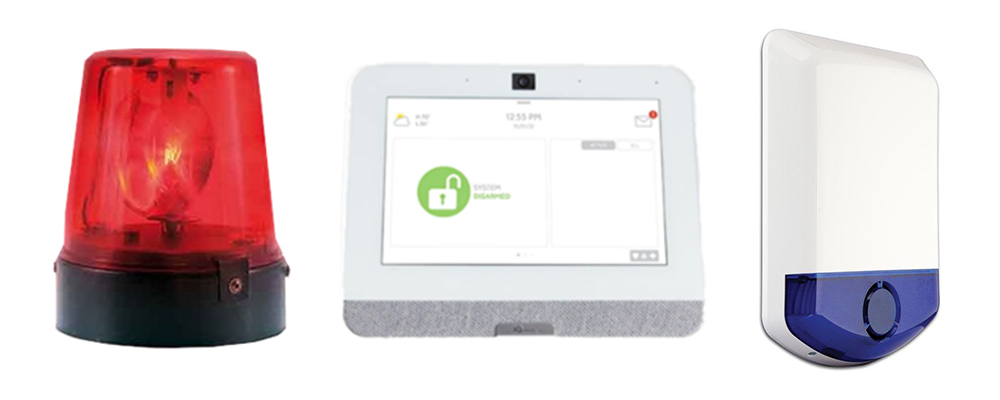Reasons why you would need an alarm system

Access control systems are essential for managing and restricting entry to physical spaces, information, and resources within an organization or property. Here are several reasons why people may need access control systems:
- Enhanced Security: Access control systems significantly bolster security by limiting who can enter a particular area or access specific information or assets. This is crucial for preventing unauthorized access and potential security breaches.
- Protection of Sensitive Information: In business and government settings, access control ensures that sensitive information remains confidential by restricting access only to authorized personnel.
- Preventing Unauthorized Entry: Access control systems prevent unauthorized individuals from entering secure areas, such as data centers, research labs, or restricted facilities.
- Employee Safety: Access control systems can be used to safeguard employees by preventing unauthorized personnel or intruders from entering the workplace.
- Property Protection: For homeowners, access control systems can secure entry points to the property, preventing unauthorized individuals from entering your home or premises.
- Asset Protection: Access control systems safeguard valuable assets, such as computer servers, equipment, inventory, and artwork, by limiting access to authorized personnel.
- Visitor Management: In businesses, access control systems can manage visitor access by issuing temporary access credentials or providing limited access to specific areas.
- Time-Based Access: Access control can be programmed to grant access only during specified time periods, ensuring that employees or contractors can only enter when required.
- Audit Trails: Access control systems maintain detailed records of who accessed certain areas and when. This data can be invaluable for security audits, investigations, and compliance purposes.
- Integration with Other Systems: Access control can be integrated with other security systems, such as video surveillance and alarm systems, to provide a comprehensive security solution.
- Compliance: In some industries, compliance with regulatory standards (e.g., HIPAA for healthcare, PCI DSS for payment card industry) requires strict access control to protect sensitive data.
- Reduced Key Management: Access control systems eliminate the need for traditional keys and the challenges associated with managing them, such as key duplication, loss, or theft.
- Remote Access Management: Many modern access control systems offer remote access management capabilities, allowing authorized personnel to grant or revoke access remotely, which is especially valuable for businesses with multiple locations.
- Emergency Lockdown: Access control systems can facilitate rapid lockdown procedures in emergency situations, protecting occupants from threats within or outside the premises.
- Customization: Access control systems are highly customizable, allowing organizations to tailor access privileges to individual roles and responsibilities.
- Cost Savings: Over time, access control systems can be cost-effective as they reduce the need for rekeying locks and minimize the risk of security breaches.
In summary, access control systems play a critical role in enhancing security, protecting assets, and ensuring the safety of individuals in a wide range of environments, from residential properties to commercial and government facilities.